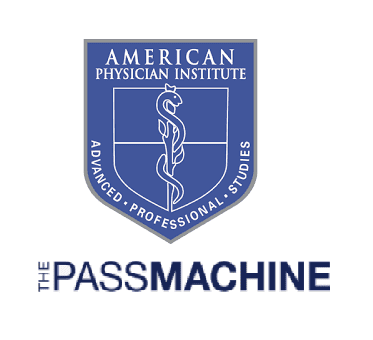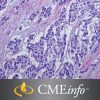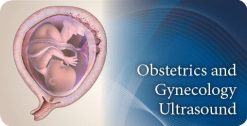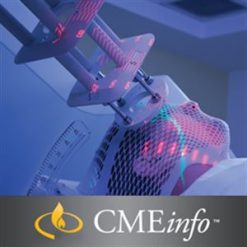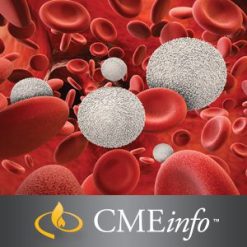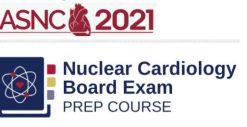Intended Audience: Oncologists
Learning Objectives:
Upon completion of this program, participants should be able to:
- Assess diagnosis, staging and prognostic factors of breast cancer.
- Explain the different types of gynecologic cancer.
- Describe basic pharmacological and biological principles in the management and treatment of cancer.
- Develop comprehensive management and treatment plans for genitourinary cancer including bladder, other urothelial, prostate, and renal cancer, and germ cell tumors.
- Demonstrate medical management of lung and thymic cancer and mesothelioma.
- Integrate modalities of care and ethics including treatment-related issues, complications, supportive care, survivorship, psychosocial aspects of cancer, bioethical/legal/economic issues, and communication skills.
- Accreditation Statement:
This activity has been planned and implemented in accordance with the Essentials and Standards of the Accreditation Council for Continuing Medical Education (ACCME) through the joint sponsorship of PeerPoint Medical Education Institute and American Physician Institute for Advanced Professional Studies, LLC. PeerPoint Medical Education Institute is accredited by the ACCME to sponsor continuing medical education for physicians.
- MOC Accreditation Statement:
Successful completion of this CME activity enables the participant to earn up to 34.25 MOC points in the American Board of Internal Medicine’s (ABIM®) Maintenance of Certification (MOC) program. Participants will earn MOC points equivalent to the amount of CME credits claimed for the activity. It is the CME activity provider’s responsibility to submit participant completion information to ACCME for the purpose of granting ABIM® MOC points.
- Designation Statement:
Online Course v4.1, Release Date October 15, 2017, Termination Date October 14, 2020:
The PeerPoint Medical Education Institute designates this enduring material for a maximum of 34.25 AMA PRA Category 1 Credits™. Physicians should claim only the credit commensurate with the extent of their participation in the activity.
- Question Bank, Release Date April 1, 2018, Termination Date April 1, 2021:
The PeerPoint Medical Education Institute designates this enduring material for a maximum of 41.75 AMA PRA Category 1 Credits™. Physicians should claim only the credit commensurate with the extent of their participation in the activity.
- Nurses & Nurse Practitioners: For all your CE requirements for recertification, the ANCC will accept AMA PRA Category 1 Credits™ from organizations accredited by the ACCME.
- Physician Assistants: The NCCPA accepts AMA PRA Category 1 Credits™ from organizations accredited by the ACCME.
- LASER-FOCUSED LECTURES: The Pass Machine Medical Oncology board review course will help you master the ABIM® exam material quickly and easily. This course features a comprehensive library of short video lectures that are precisely aligned to the Medical Oncology Certification and Medical Oncology MOC exam blueprints. This way, you’ll focus on all of the exam topics and keywords with no wasted effort.
- THE “QBL” METHOD: “Question-Based Learning” ensures that your review is 100% relevant to the ABIM® Medical Oncology exam. This proven method works by pairing multiple choice questions with related lectures, allowing you to review a topic before answering the corresponding question.
- BOARD-EXPERIENCED FACULTY: The Medical Oncology Certification and Medical Oncology MOC courses feature board-certified faculty experienced in teaching Medical Oncology board exam preparation. Thus, every lecture is up-to-date, medically accurate and entirely board-relevant.

